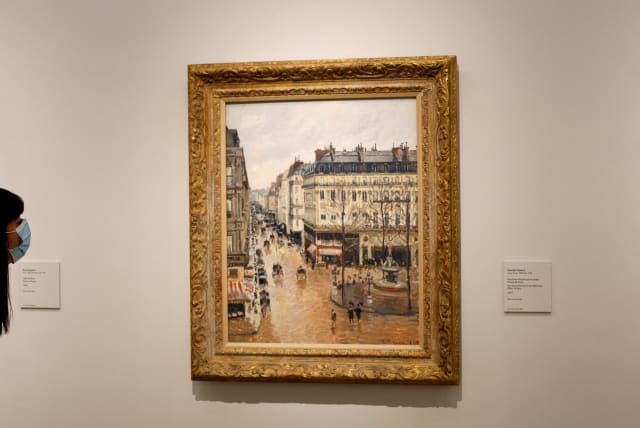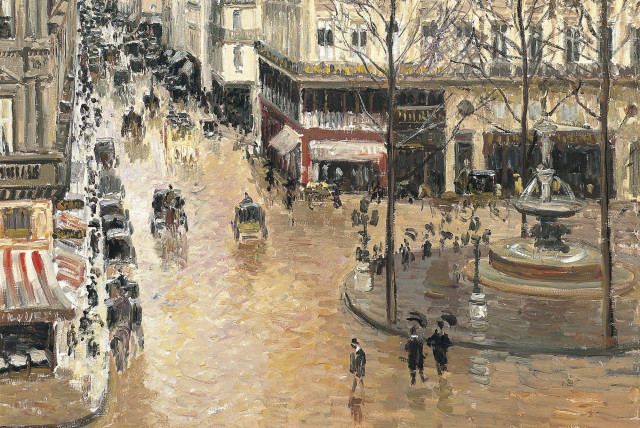California lawmaker introduces bill helping Holocaust survivors reclaim stolen property

The law would require courts to apply local California law, rather than foreign law, in cases involving art stolen during the Holocaust, even if the art is held abroad.
A California lawmaker, along with the state’s lieutenant governor, announced legislation on Thursday to help California residents reclaim personal property stolen from them during the Holocaust.
The law comes after a controversial case that was affirmed in a California court last month, in which Claude Cassirer, a California resident, discovered that a painting was on display in Spain that Nazis had stolen from a relative of his in 1939.
Under California state law, Cassirer, the sole heir to the painting’s original owner, had legitimate ownership of the artwork. The state has never formally recognized adverse possession of personal property— that is to say, there is no mechanism in California law by which something obtained via theft nevertheless becomes legitimate property of the person whose hands it fell into.
In the words of the California court: “A thief cannot pass title to anyone, including a good faith purchaser.”
Under Spanish law, however, the painting no longer belonged to Cassier’s family because the Spanish government purchased it without knowledge of its stolen origin and possessed it for more than three years before Cassirer filed his claim.
Though the judges who decided the case expressed regret at the outcome - one judge wrote that she “agreed with the result, but it was at odds with her moral compass” - the court decided it was appropriate in this case to recognize Spanish law, on the principle that foreign states generally have jurisdiction over what happens inside their own borders.
Bill would force courts to apply California law
The legislation introduced on Thursday would apply to cases such as this one, demanding that California courts apply local law rather than foreign law when a case involves ownership of property that was stolen during a genocide or other acts of persecution.
“This bill will ensure that Holocaust survivors and other victims of persecution can secure justice,” said Assemblymember Jesse Gabriel, who introduced the bill. “Our effort will make it crystal clear,” he added, “that cases must be decided based on truth, justice, and morality, not the misapplication of legal technicalities.”
Jerusalem Post Store
`; document.getElementById("linkPremium").innerHTML = cont; var divWithLink = document.getElementById("premium-link"); if (divWithLink !== null && divWithLink !== 'undefined') { divWithLink.style.border = "solid 1px #cb0f3e"; divWithLink.style.textAlign = "center"; divWithLink.style.marginBottom = "15px"; divWithLink.style.marginTop = "15px"; divWithLink.style.width = "100%"; divWithLink.style.backgroundColor = "#122952"; divWithLink.style.color = "#ffffff"; divWithLink.style.lineHeight = "1.5"; } } (function (v, i) { });

